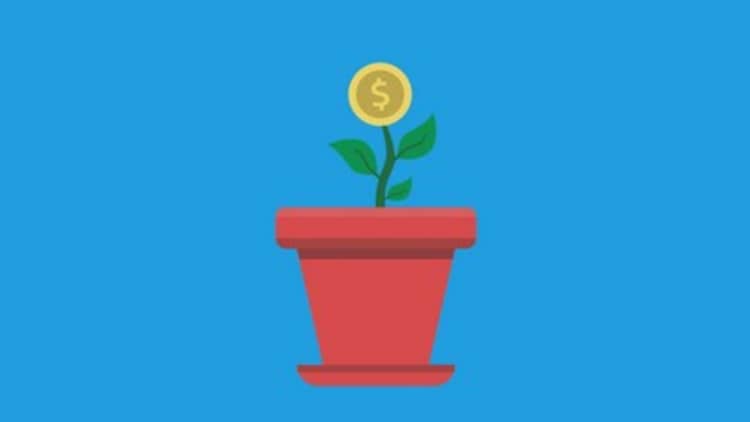In a few years, Seraphina Galante will be 80. And she'll still be paying off her student loans.
For a long time, she didn't tell anyone about her situation. But after the 76-year-old woman joined an advocacy group for borrowers, called Student Loan Justice, she realized she was not alone.
"It was amazing to find out that there are quite a number of seniors in this predicament," Galante said.
Indeed, Galante is one of 2.8 million people in the U.S. over the age of 60 with student debt, a number that has quadrupled from 700,000 in 2005 and continues to grow.
It eats away at what folks are able to have for their basic necessities.Persis Yudirector of the Student Loan Borrower Assistance
In 2018, Americans over the age of 50 owed more than $260 billion in student loans, up from $36 billion in 2004, according to the Federal Reserve.
Education debt is becoming yet another significant challenge for aging Americans, many of whom are already unprepared for retirement, consumer advocates and financial experts warn.
"It means that already stretched sources of income like Social Security and retirement savings have to be stretched further," said Geoffrey T. Sanzenbacher, associate director of research at the Center for Retirement Research at Boston College.
Forced to continue working
Galante returned to graduate school in her 50s to study social work and borrowed around $35,000. Even though she's made payments for nearly two decades, she owes nearly $40,000 because she's barely able to keep up with the interest on her debt, which grows quickly at 8 percent.
She is single and has a fraction of what her peers have saved for retirement, she said.
Her student debt has forced her to make difficult decisions in the late stages of her life.
She continues to work part-time as a social worker in San Diego so she can meet her $200 monthly bill. "I feel caught in a dilemma, between wanting to leave work on the one hand, and feeling like I really have to work on the other," Galante said.
"Many people are not working at this age," she added. "I'm old."
A tighter budget
Steven Eads borrowed around $25,000 in his 30s and 40s to get his bachelor's degree in geology and then his master's degree in environmental science. During the financial crisis, he lost his house and filed for bankruptcy. However, student debt is one of the few debts that are close to impossible to discharge in the proceeding.
When Eads' son was diagnosed with cancer, he retired earlier than he expected to tend to him. His son eventually died.
During these difficulties, Eads put his loans into multiple forbearances, which are temporary postponements of payments, during which interest accrues. The 71-year-old man now owes more than $60,000, more than double what he originally borrowed.
"All that happened to me wasn't their fault," Eads said. "But it feels like the people who service the loans are putting obstacles in front of you."
He and his wife now live off around $2,600 a month between both of their Social Security checks and a small pension he receives from his 20-year career as a chemist for the government.
"We don't take trips or anything else like that," he said. "It's difficult"
Because he's enrolled in an income-driven repayment plan — which caps his monthly payments at a percentage of his income, he's not responsible for paying anything right now.
Yet after a certain amount of years on an income-driven repayment plan, the government cancels the borrowers' remaining debt and the IRS considers forgiven education loans taxable income. Eads anticipates a large bill.
He has little confidence he'll be able to pay it. "At 87, I won't be able to get a job," he said.
He worries the IRS will then garnish a portion of his Social Security for his unpaid tax debt. "Less money means more difficulty," he said.
Persis Yu, the director of the Student Loan Borrower Assistance Project at the National Consumer Law Center, said she's worked with older people who are paying off their student loans until they die.
"It eats away at what folks are able to have for their basic necessities," Yu said.
More from Personal Finance:
These workplace perks could save you a few bucks in 2019
When it comes to your income, consider oversharing
What to watch out for during open enrollment
WATCH: Here's what the new tax law means for your retirement



